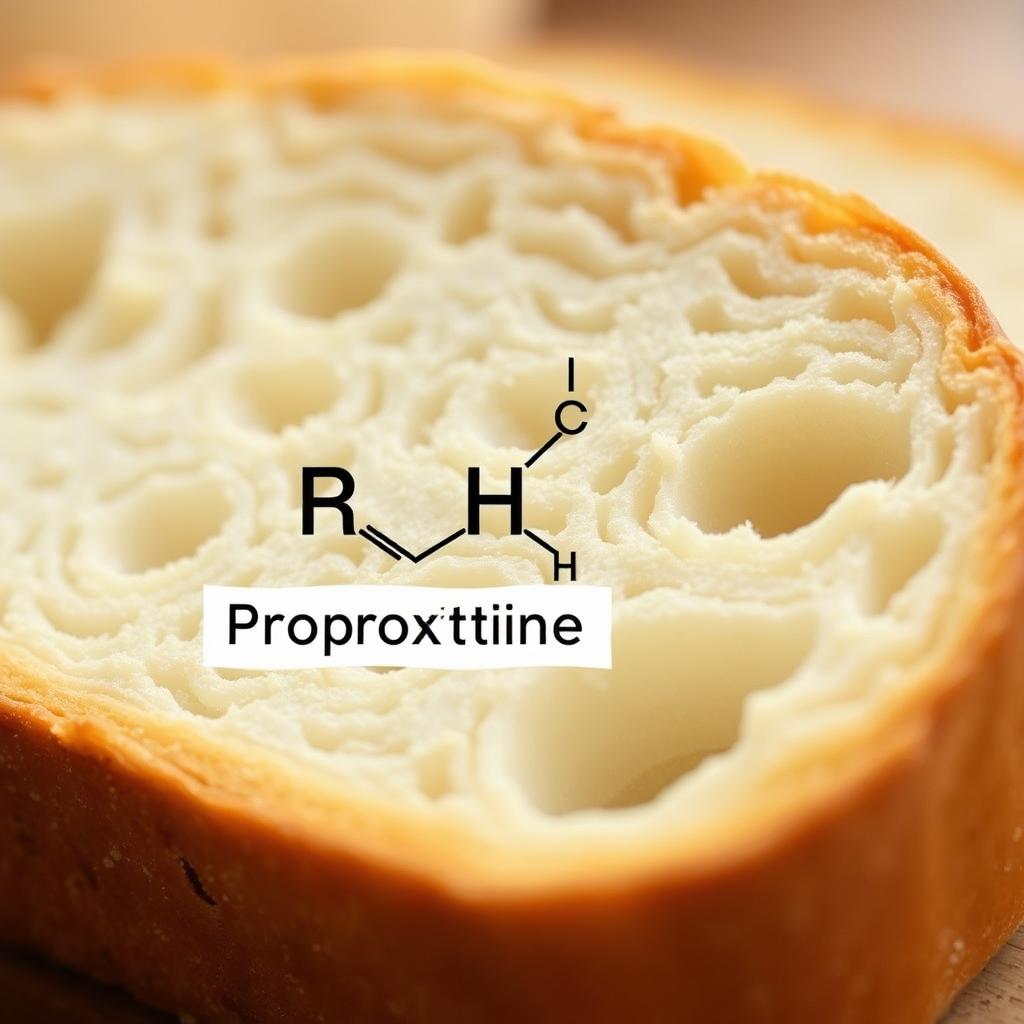
Common Food Additive Propionate Tied to Weight Gain and Diabetes
- September 13, 2019
- 0 Likes
- 520 Views
- 0 Comments
New research warns that propylene glycol propionate (commonly just called propionate) – a preservative in many breads, cheeses, and pastries – may disturb metabolism. In combined mouse and human studies, scientists found that propionate triggers a hormonal cascade leading to insulin resistance and obesity hsph.harvard.edu. In mice, a single dose of propionate spiked glucose production hormones, and chronic exposure (at doses comparable to human consumption) caused weight gain and prediabetic blood sugar elevations hsph.harvard.edu. In a controlled trial in humans, volunteers who consumed a small propionate-laced meal had immediate rises in stress hormones and blood sugar triggers, compared to a placebo group hsph.harvard.edu. This suggests propionate acts as a “metabolic disruptor” that could increase risk of diabetes and obesity in people hsph.harvard.edu.

Why it’s concerning: Propionate is a short-chain fatty acid used to prevent mold in foods. It’s “generally recognized as safe” by regulators. But this study, published in Science Translational Medicine, indicates it can activate the sympathetic nervous system. The researchers found propionate elevated norepinephrine, glucagon, and a new hormone (FABP4) – all of which prompt the liver to release glucose hsph.harvard.edu. Over the long term in mice, that leads to chronically high insulin levels (insulin resistance) and excess fat storage. In the human test, even that single dose caused metabolic changes within hours hsph.harvard.edu.
Details: In the human experiment, 14 healthy adults ate two different biscuits (double-blind): one with 1 gram of sodium propionate (the amount found in a common serving of bread or cheese), and one plain. Blood tests showed that the propionate group had higher stress hormones and the glucose-raising hormones right after eating. The authors interpret this as a sign propionate may increase the risk of metabolic disease hsph.harvard.edu, though they caution larger studies are needed.
Context: Other studies have noted that high-fiber diets (which produce propionate in the gut) are healthy, so it’s the added propionate in processed foods under scrutiny here. The lead authors suggest re-evaluating widespread use of propionate and exploring alternatives. “These chemicals [in food additives] have not been tested in detail for their long-term metabolic effects,” said one co-author hsph.harvard.edu.
Takeaway: This research is not a smoking gun that propionate causes diabetes in people, but it rings alarm bells. If future work confirms it, regulators might limit propionate levels or require labeling. For now, consumers concerned about metabolic health may choose fresh, unprocessed foods.



Leave Your Comment